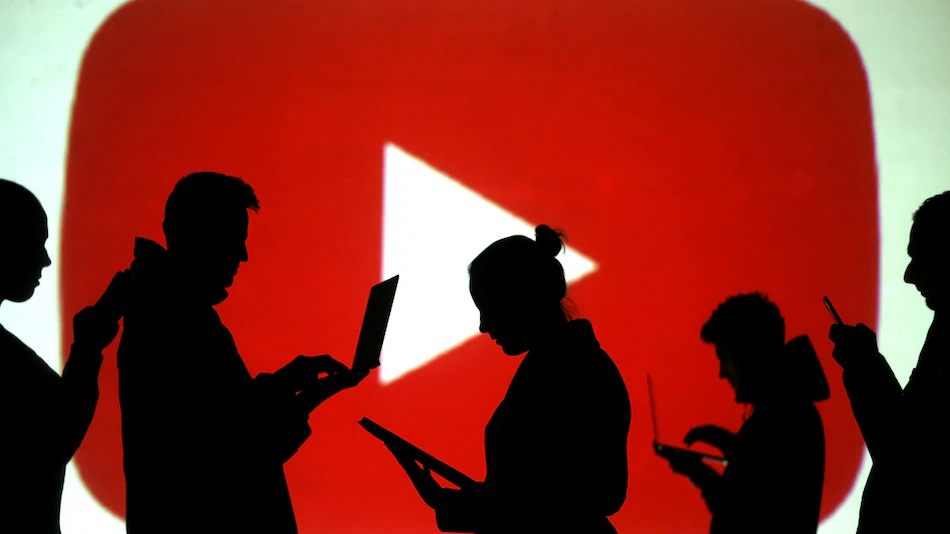
YouTube is taking a major step in protecting its creators from the growing threat of AI-generated deepfakes. Starting today, the company is rolling out a powerful new Likeness Detection tool that lets creators identify and remove unauthorized videos that use their face, voice, or likeness without consent.
The tool, which lives inside YouTube Studio’s Content Detection tab, is being made available to members of the YouTube Partner Program. It marks one of the platform’s biggest moves yet in the ongoing battle between AI-generated content and human identity.
What Is YouTube’s Likeness Detection Tool?
At its core, the Likeness Detection tool functions as an AI-powered shield for creators. It scans YouTube for videos that might feature synthetic or altered versions of a creator’s face or voice—essentially, AI-generated deepfakes. Once potential matches are found, the creator gets notified and can review the flagged videos directly in YouTube Studio.
If a video looks like an unauthorized AI imitation, the creator can quickly submit a takedown request for review. From there, YouTube will investigate and, if verified, remove the offending content.
The process is similar to Content ID, which detects copyrighted material like music and video clips. However, this tool is designed for identity protection—specifically targeting the misuse of a creator’s physical likeness in the age of generative AI.
How Creators Can Access It
To use Likeness Detection, creators must first verify their identity. This involves submitting a government-approved ID and recording a short video selfie to confirm they’re the rightful owner of their likeness.
Once verified, YouTube’s system starts scanning across the platform for videos that might replicate the creator’s appearance or voice using AI. These flagged videos appear in a detailed dashboard, showing the title, channel name, number of views, and snippets of the video for context.
The onboarding process may seem extensive, but it’s designed for security. YouTube wants to ensure that only legitimate creators can use the tool—preventing impersonators or scammers from falsely claiming someone else’s likeness.
Creators also have control over their data. If they choose to disable the tool, YouTube will stop scanning for deepfakes within 24 hours, offering flexibility and transparency.
The Fight Against Deepfakes
AI-generated deepfakes have become one of the biggest threats to online authenticity. From fake celebrity endorsements to political misinformation, manipulated media is blurring the lines between reality and fabrication.
YouTube’s Likeness Detection tool aims to tackle this head-on. It not only protects creators’ identities but also preserves viewer trust—ensuring that audiences know when a video features genuine content.
YouTube is also complementing this feature with stricter policies. Earlier this year, the company required creators to label AI-generated or altered content and announced new rules for AI-generated music that mimics an artist’s voice. Together, these policies create a more transparent and ethical ecosystem for content creation.
A Broader Push Toward Responsible AI
This isn’t YouTube’s first step in addressing AI ethics. The Likeness Detection tool was first announced in 2024 and tested in partnership with Creative Artists Agency (CAA), where select public figures gained early access. YouTube described it as “early-stage technology designed to identify and manage AI-generated content featuring their likeness.”
Now, with the public rollout, YouTube is extending that protection to its vast creator community—starting with Partner Program members and expanding further by early 2026.
The company acknowledges that the tool is still in development, meaning it might occasionally flag a creator’s own videos. But as the AI model improves, accuracy and reliability are expected to increase significantly.
Why It Matters
For creators, Likeness Detection is more than a technical feature—it’s about digital self-defense. As AI becomes more advanced, anyone’s face or voice can be replicated convincingly in a matter of minutes. That creates real risks, from reputational damage to misinformation and identity theft.
YouTube’s approach gives creators something invaluable: control. By allowing them to see where and how their likeness is being used, the company empowers individuals to take action before harm is done.
This initiative also sets a precedent for how social media platforms can balance innovation with responsibility. As AI-generated content grows, other platforms may soon follow YouTube’s lead in offering identity protection tools.
Final Thoughts
The introduction of YouTube’s Likeness Detection tool is a crucial moment for online creators and digital ethics alike. It shows that the platform is not only embracing AI innovation but also taking concrete steps to protect the people behind the content.
While the technology is still evolving, it sends a strong message: in the age of AI, authenticity still matters. And for millions of YouTubers, that’s a reassuring promise.

